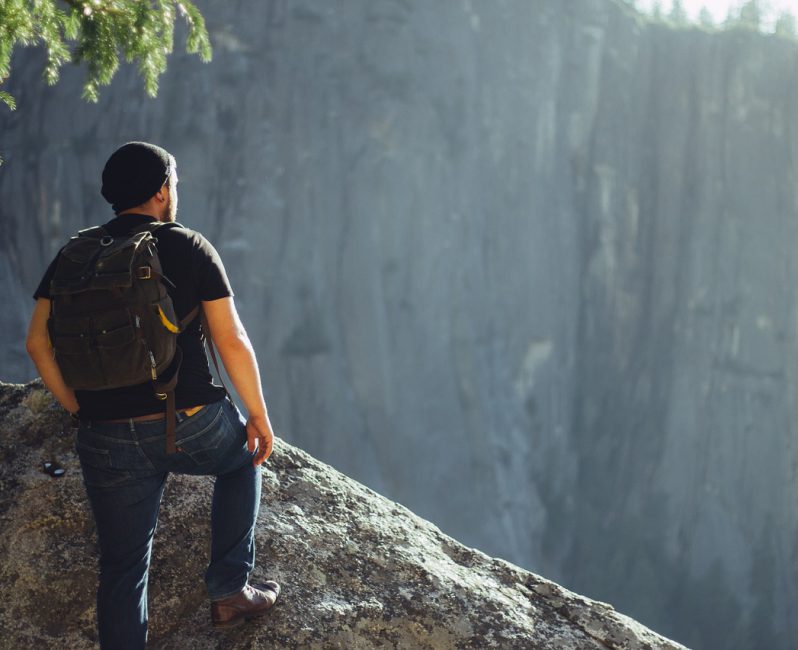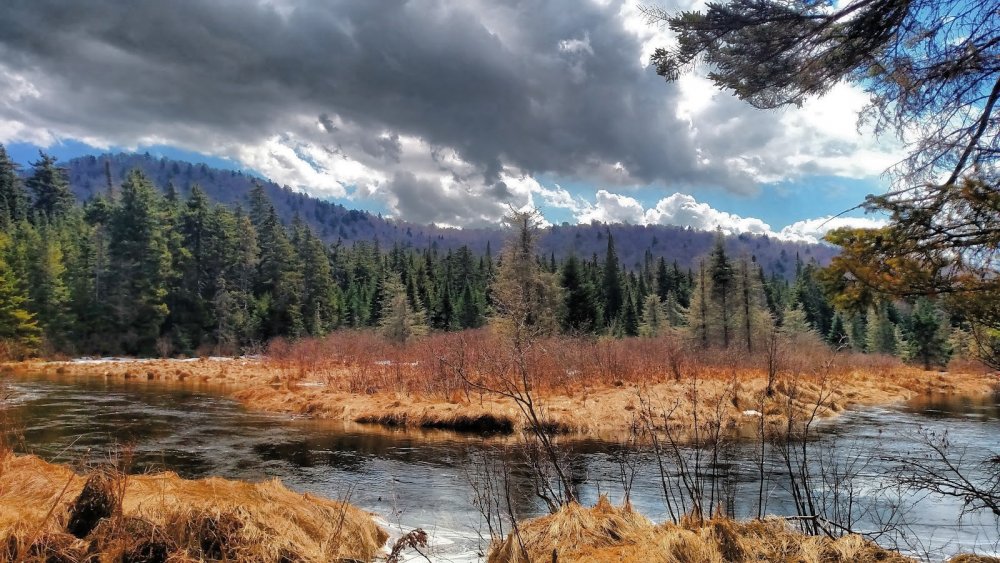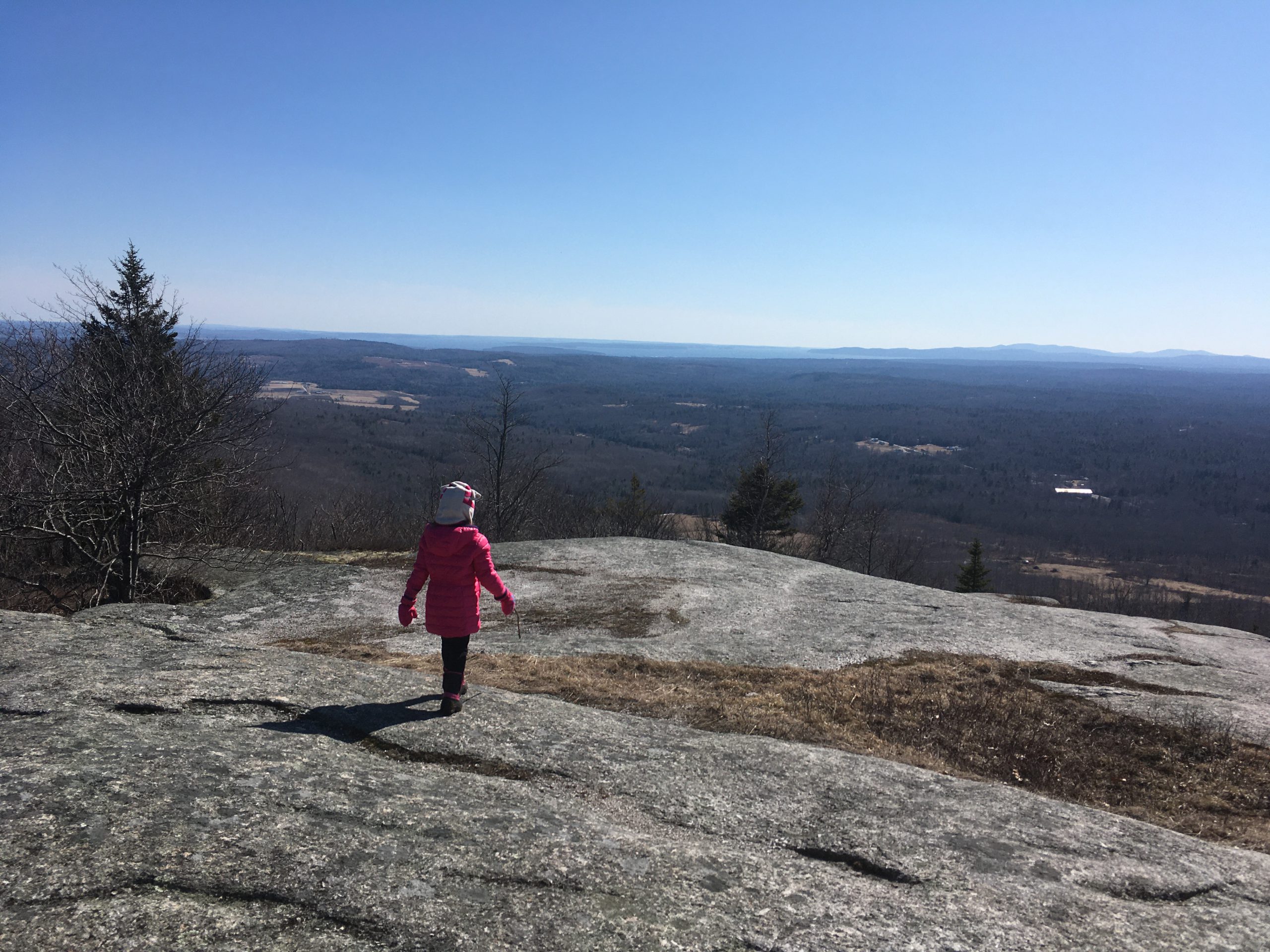Not to advance stereotypes about Jewish health neurosis, but bubbie wants you to take care of yourself out there, you know?
According to AccuWeather we’re on track for a pretty severe allergy season.
We talked to an immunologist friend and sought some advice that we can share about the Pollen Apocalypse and how you can still enjoy time outdoors.
Drugs
Now that I’m out of the military and mandatory drug testing, I like saying, “drugs.” But for me, and especially my youngest daughter, I couldn’t survive without Claritin or other antihistamines during allergy season.
Go Up!
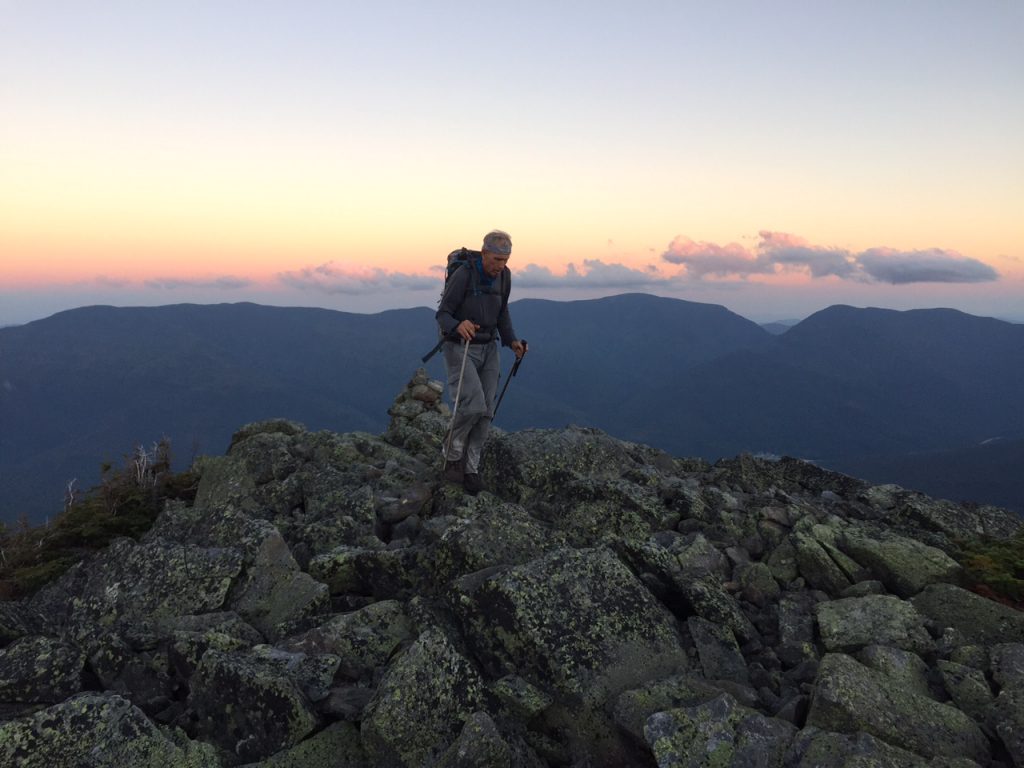
In Maine, we have a good amount of “above treeline” hiking, but we’re also close to it in New Hampshire. Pollen is heavy in the air, and above tree line, most of it will end up going down the slopes, leaving the exposed ridgelines relatively pollen free.
Stay Inside, or Hike During/After Rain

This has the biggest “boo, hiss” factor of all the advice. Even inside pollen season, there are still some days that are better than others. Pay attention to your local weather forecasts, air quality action days, and try to time your outing to when it’s most conducive to healthy respiration.
The other option is to look for rainy days. This is a downer or a deal-breaker for many people, but rain will wet pollen down or wash it off of trees.
Clean Yourself
During allergy season last year, I started getting a jump start on rebuilding our woodpile for the coming winter. I ended up going to bed every night with a massive headache and clogged sinuses.
I’m a “morning shower” guy, so I was going to bed with a lot of pollen in my hair (even with my yarmulke), and subsequently was rolling around in it. Now, during pollen season, I shower after working outside.
The same applies to camping. It’s so easy to bring pollen with you into your tent, which as far as enclosed spaces go, can be like an echo chamber for allergens.
Camping Choices
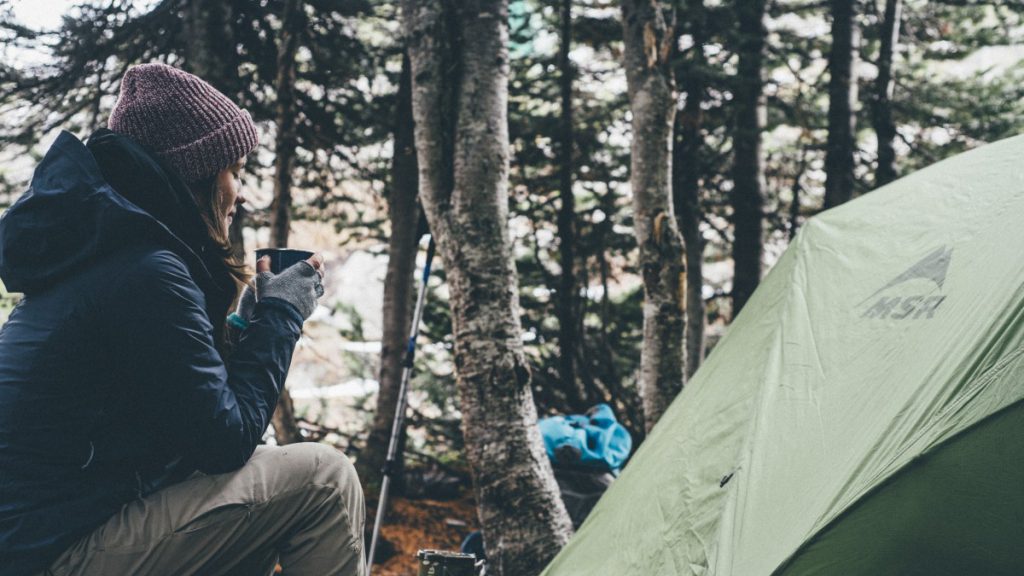
During high-pollen times, camping downwind of forests or fields of wildflowers can be a great choice. But if you live in an area with dramatic windshifts, this isn’t always all that useful.
Camping near a river, lake, or pond can be helpful, as they attract and hold pollen, but you must be careful not to run afoul of the wilderness ethic and responsible practices.
Don’t Underestimate Allergies and their Ruinous Impact
Aside from the feeling that it never stopped raining, the other factor that almost drove me off the Appalachian Trail during my first thru-hike were the high-pollen count days.
I wasn’t subject to frequent sneezing, but my eyes felt like they were on fire, forcing me to abandon my carefully-tended contact lenses (which was a mistake story for another day) and wear my super-ugly glasses for months. I had non-stop headaches, and because I packed all wrong to begin with, and I was dirt-poor, there was no medicinal relief. In what would become the story of the majority of my adult life, I just soldiered through.
Sometimes we take our health for granted, until we’re reduced to our rawest forms in the wilderness. It’s then you realize that the medicine cabinet and air filters don’t fit in your pack. It’s good to consider allergies in any of your seasonal hiking choices.
Last modified: February 28, 2020

